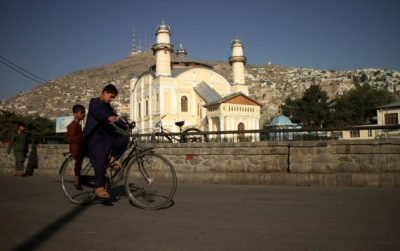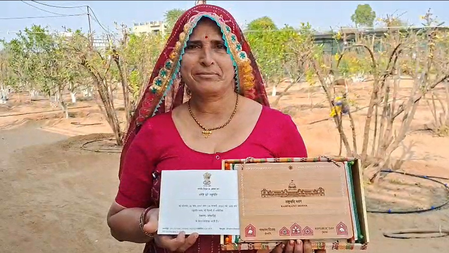
New Delhi, April 2 (IANS) There has been a marked improvement in safety in the operations of Indian Railways, with the number of train accidents declining significantly to 81 in financial year 2024-25 from 400 earlier, Railway Minister Ashwini Vaishnaw said in the Lok Sabha on Wednesday.
Making a comparison with the tenure of earlier railway ministers during the erstwhile UPA regime, Vaishnaw said, “During Lalu Ji’s time, there were around 700 accidents per year, during Mamata Ji’s time, there were around 400 accidents, during Kharge Ji’s time, there were around 385 accidents.”
Speaking during Question Hour in the Lower House, the minister said that efforts were continuously being made to introduce technological and procedural changes and new training methods, to further reduce rail accidents in the country.
“In financial year 2024-25 which has just come to an end, the number has reduced from 400 to 81, there has been a very significant improvement,” he remarked.
In answer to a question on instances of delay in the filing of FIRs related to crimes on the railway network, the minister said the Government Railway Police of each state and the Railway Protection Force continuously hold discussions to coordinate action, and the government has introduced the system of filing zero FIRs that will help address the issues.
The minister also said that in order to improve the regional passenger experience, the Indian Railways have proposed to offer a variety of different Indian cuisines on select trains.
This proposal was brought by the Railway Minister in the Lok Sabha during Question Hour on Wednesday.
In answer to a question by DMK’s Sumathy Thamizhachi Thangapandian about the lack of South Indian dishes offered on the Vande Bharat trains operating in Tamil Nadu, the Railway Minister said that a pilot scheme was being tested by Southern Railways.
The goal of this pilot scheme is to enhance the travel experience of passengers with local dishes representing the culture of the region that the trains are running through, he explained.
–IANS
sps/rad






